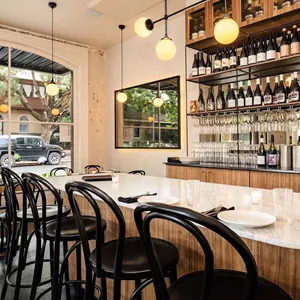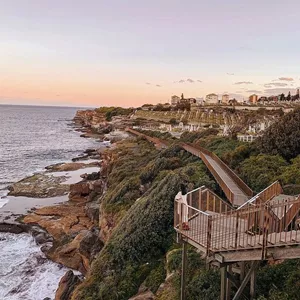The Lowdown on How Much You Really Need for a Deposit
The secret’s out – no longer do you need that elusive 20 per cent deposit in order to purchase your first home.
Saving up for a home loan is hard. Really hard. No matter how many smashed avos or daily lattes you forgo, that 20 per cent deposit seems to move further and further away. Particularly as Australian house prices increase at a staggering rate.
So, when every cent counts, how much do you really need for a home deposit and what are your options if you don’t have 20 per cent?
There are a number of factors that will determine how much a lender is willing to lend you. Here’s what you need to know.
The Bank of Mum and Dad
Some lenders will allow you to use a family security guarantee. This means that a family member can use the equity in their home as a security guarantee for your home loan. The guarantor doesn’t actually give any money to you or the lender but can use their equity to help reduce your loan to value ratio to 80 per cent. This way you are able to avoid paying LMI.
The Bare Minimum
Before you approach a bank, you will need to have saved at least 5 per cent of the purchase price. This is generally considered the lowest deposit banks will consider; however, many will require significantly more. Keep in mind some lenders will charge higher interest rates to customers with a smaller deposit, and reward those for having a higher deposit with better discounts and packages.
First Home Loan Deposit Scheme
The Australian Government-backed First Home Loan Deposit Scheme (FHLDS) helps eligible first home buyers to purchase their first home with just 5 per cent deposit. Under the scheme, the government will guarantee up to 15 per cent of the value of the property allowing you to obtain a home loan without paying LMI. You will have to qualify to be part of the scheme, with limited places released at the start of each financial year. Once you’ve been approved into the scheme, you will have 90 days to purchase your first home. There are several eligibility criteria along with property price caps for each suburb.
Lenders Mortgage Insurance
Each lender will have their own limits on the maximum LVR, with some offering a loan to value ratio of 95 per cent, meaning you could save a deposit of as little as 5 per cent.
If you have saved between 5 and 20 per cent of the purchase price, your home loan will likely need to be covered by LMI. This can be paid upfront or as part of your loan repayments over the course of the loan. If you have saved a deposit over 20 per cent, you can avoid the cost of LMI.
Understanding Your Other Costs
When setting your budget, be sure to factor in all the other up-front costs associated with buying a home. These include stamp duty, conveyancing and legal costs, title registration fees, pest and building inspections and building and contents insurance. Remember, if you are a first-time buyer it is worth checking whether you are eligible for the First Home Owner Grant (FHOG) and any other government concessions.
Loan to Value Ratio
When it comes to assessing your deposit, lenders will calculate what’s commonly known as the loan to value ratio, or LVR. This refers to the percentage you are borrowing and is calculated by dividing the home loan amount by the value of the property. An LVR of 80 per cent or lower is considered the safest place to be as a borrower, which is where a 20 per cent deposit comes in.
Generally, you will be required to pay Lenders Mortgage Insurance (LMI) if you have borrowed more than 80 per cent of the value of a property. This is because loan assessments with a high LVR are considered higher risk to financial institutions and other lenders, so they are protecting themselves in case you default.
Looking to enter the property market ASAP? Be sure to check out our Property page for all the property tips and tricks you might need!





